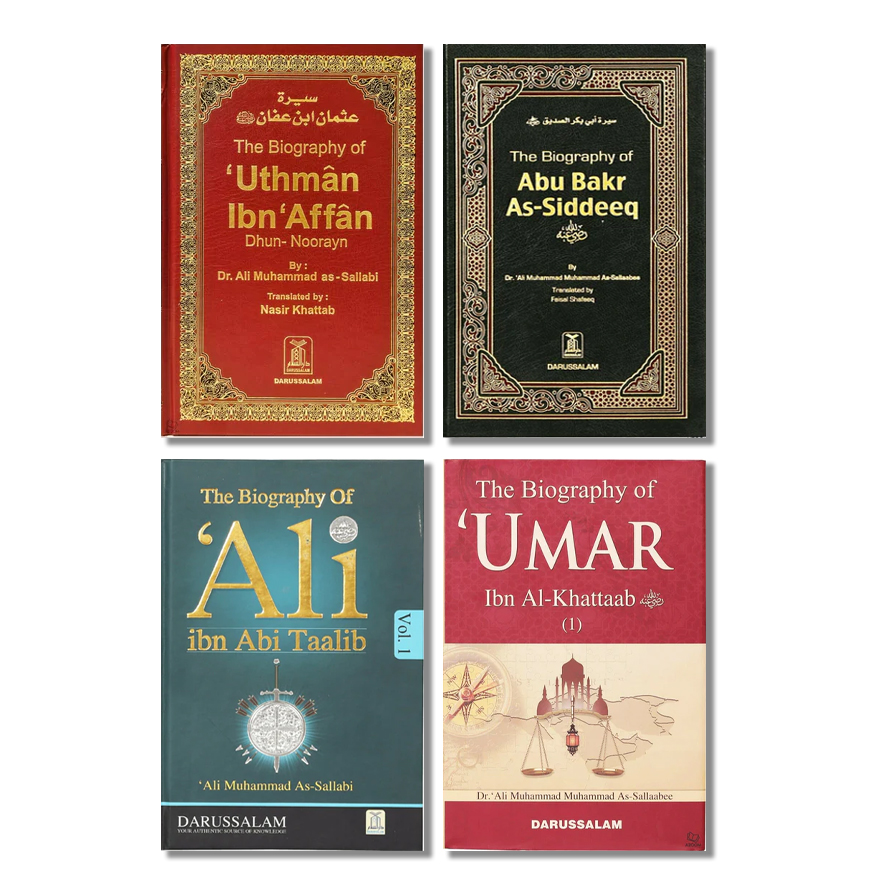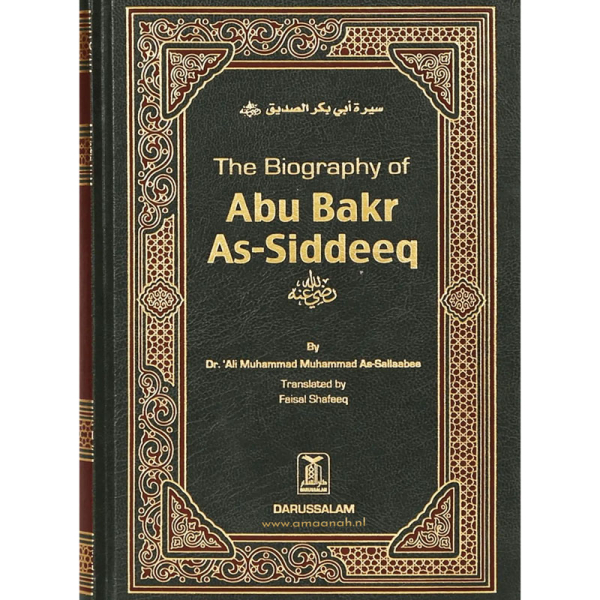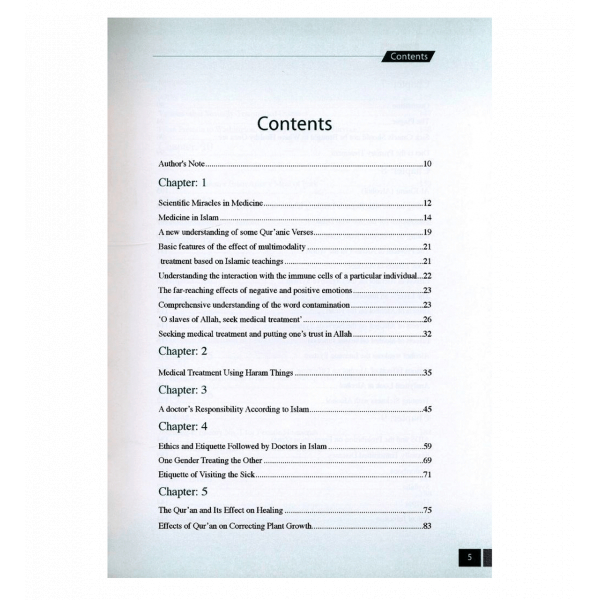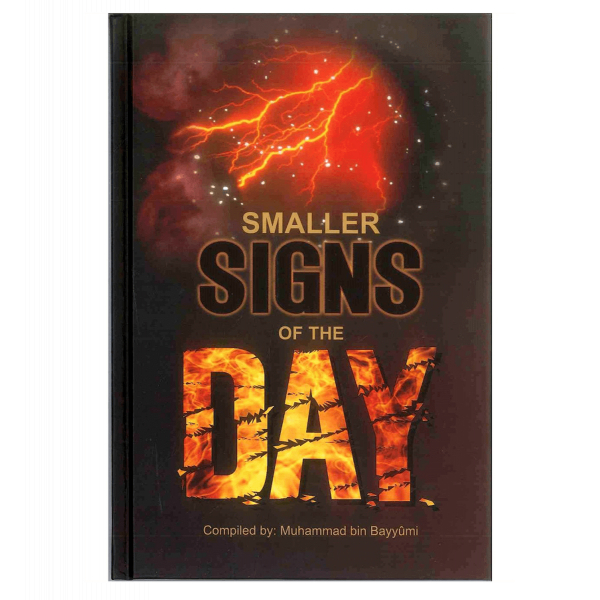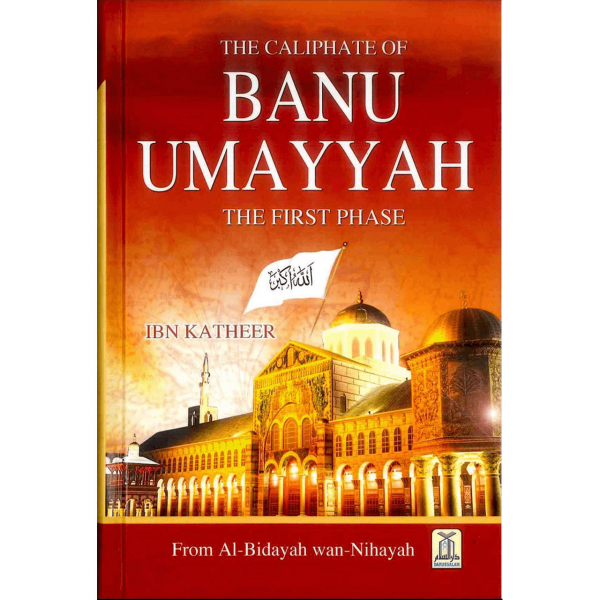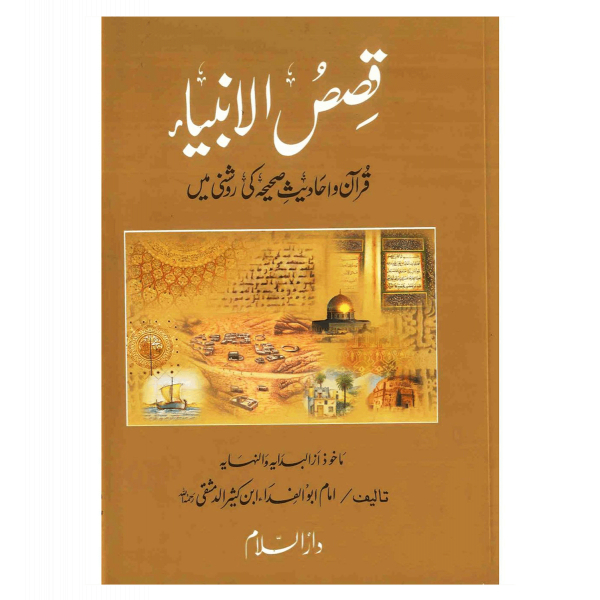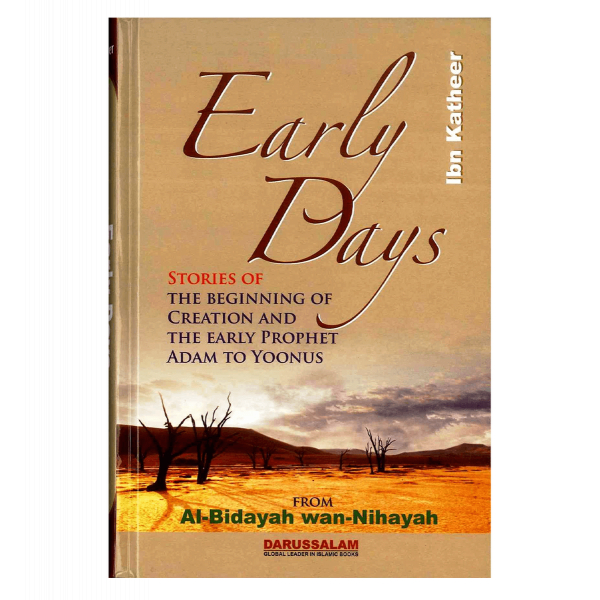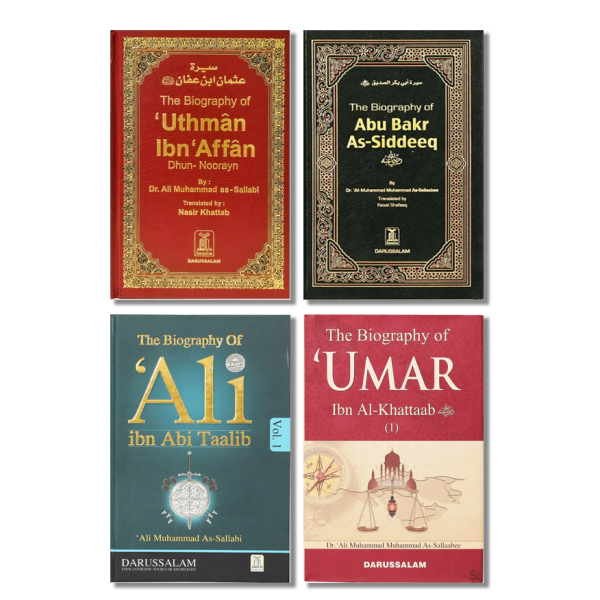| his is full set of Biography of Four Caliph Of Islam Published by Darussalam Publications |
| Author For All Books is Dr. Ali Muhammad Muhammad As-Sallaabee
|
| 1-Abu Bakr As-Siddeeq (One Complete Book)
Year Of Publication 2007 Pages: 784
|
| 2-Umar ibn Al-Khattaab (R) (2 Vol. Set)
Year Of Publication : 2013 Pages 650 + 562 Total Pages:1212
|
| 3-Uthman Ibn Affan (R) – Zun-Noorayn (One Complete Book)
Year Of Publication 2007 Pages: 623
|
| 4-Ali ibn Abi Talib (2 Vol. Set)
Year Of Publication: 2011 Pages 796 + 526 Total Pages: 1322 |
You will get Total 6 Books All books are Hardcover
About the Author
Dr. Ali M. Sallabi is famous for his detailed books of history and biography that bring the past to life for modern readers. Dr. Sallabi was born in Libya in 1383 H/1963 CE, and earned a bachelor’s degree at the Islamic University of Madinah, graduating first in his class. He completed his master’s and doctorate degrees at Omdurman Islamic University in Sudan
Description From The Publisher
Abu Bakr As-Siddeeq (R)
From the day he embraced Islam until the day he died, Abu Bakr As-Siddique أبو بكر الصديق (Radhi Allahu Anhu – May Allah be Pleased with Him) was the ideal Muslim, surpassing all other Companions in every sphere of life. During the Prophet’s lifetime, Abu Bakr was an exemplary soldier on the battlefield; upon the Prophet’s death, Abu Bakr (R) remained steadfast and, through the help of Allah, held this nation together. When others suggested keeping Usaamah’s army back, Abu Bakr insisted – and correctly so – that the army should continue the mission which the Prophet (S) had in mind. When people refused to pay Zakaat, and when the apostates threatened the stability of the Muslim nation, Abu Bakr was the one who remained firm and took decisive action against them. These are just some of the examples of Abu Bakr’s many wonderful achievements throughout his life. I have endeavored to describe all of the above in a clear and organized manner. But more so than anything else, I have tried to show how Abu Bakr’s methodology as a Muslim and as a ruler helped establish the foundations of a strong, stable, and prosperous country – one that began in Al-Madeenah, extended throughout the Arabian Peninsula, and then reached far-off lands outside of Arabia.
Throughout the brief period of his caliphate (about 2 years), Abu Bakr As-Siddiq (R) faced both internal and external challenges; the former mainly involved quelling the apostate factions of Arabia and establishing justice and peace among the citizens of the Muslim nation; and the latter mainly involved expanding the borders of the Muslim nation by spreading the message of Islam to foreign nations and conquering those nations that stood in the way of the propagation of Islam.
During the era of his caliphate, Khalifah Abu Bakr As Siddeeq (R) sent out armies that achieved important conquests; for example, under the command of Khaalid ibn Al-Waleed (R) the Muslim army gained an important victory in Iraq. And the Muslim army achieved other important victories under the commands of Al-Muthannah ibn Haarithah (R) and Al-Qa’qaa ibn ‘Amr (R). In short, the victories achieved during the era of Abu Bakr’s Caliphate paved the way for victories that later took place after Abu Bakr’s death. I have tried to analyze the above-mentioned conquests and to break down the reasons why they were such monumental successes. I particularly pointed out Abu Bakr’s contributions to those conquests: His military strategy, the leaders he chose, the letters through which he communicated with them, and so on.
Umar ibn Al-Khattaab (R) (2 Vol. Set)
This book describes, among other things, the principles based upon which ‘Umar ibn al-Khattaab (Radi Allah Anh) governed the Muslims during his caliphate; among those principles were mutual consultation, justice, equality among people, and honoring of freedoms.
With the turn of every page, the reader will come to appreciate the fact that ‘Omar (R) was exceptional in his Faith, distinguished in his knowledge, profoundly wise in his thinking, remarkable in his eloquence, noble in his manners and great in the contributions he made to this Nation.
We are living in tumultuous times, but they are no less tumultuous than the era of Kalifah ‘Omar Ibn al-Khatab (Umer/Omer bin Alkhataab), whose life began in Jahiliyah and ended in the Golden Age of Islam. We can learn much from the history of this second caliph of Islam, who was faced with unprecedented challenges but met them successfully within the framework of shari’ah and in accordance with the true spirit of Islam.
For those who would be leaders, this book offers the model of an ideal Muslim leader, one who felt responsible before Allah for the well being of all those under his rile, including his troops, women, infants, non-Muslims, and even animals. Caliph Omar was a “hands-on” leader who kept himself informed and consulted scholars and experts before every major decision.
For the rest of us, this book offers a window into an exciting and important period of Islamic history, and it also reminds of an important lesson, that our strength comes not from wealth or money or status, but from our submission to Allah and our commitment to the path of Islam.
Uthman Ibn Affan (R) – Zun-Noorayn
In this book, Dr. As-Sallabi presents the life of the third caliph of Islam, `Uthman ibn `Affan, and highlights his great achievements, as well the issues and turmoil that he faced due to the hypocrisy movement that plagued the Muslim society. He also addresses the misrepresentations of `Uthmaan, fabricated by his enemies and detractors and perpetuated, inadvertently or otherwise, by writers and historians, as well as the activities of the hypocrites and the effort they put into fabricating these lies and causing division in the Ummah, the effects of which Muslims are still suffering today.
The study of history is of great importance, especially for Muslims who have been denied access to their heritage in many ways due to the upheavals that befell the Muslim world in recent decades and centuries, and due to tampering and insertions in their own books of history.
Usman ibn Affan was the fourth person to accept Islam upon invitation of Abu Bakr As Siddique. Thus he learned with the Prophet from the very beginning of Islam and faced much prosecution at the hands of his family and clansman. The Prophet (S) loved Usmaan so much so that he gave two of his daughters in marriage to him, earning him the title Dhun-Noorayn (carrier of 2 lights). Prophet said after the death of his second wife that if he had a third daughter he would have given her to Osman as well. The Prophet gave glad tidings of paradise to Othman saying that whatever he does after today will not harm him.
During his caliphate the Islamic empire spread far east into Azerbijan and south into North African and Nubia to name a few. During this time there were many achievements made in the Islamic empire including many canals, guest houses at different waypoints, and building of a much stronger Muslim army. He also established judicial and financial institutions to strengthen the Islamic empire. The last few years of his caliphate were however filled with great trials, which eventually led to his murder and division of the Muslim Ummah.
Ali ibn Abi Talib (2 Vol. Set)
This is the fourth book in studying the reign of the Rightly Guided Caliphs. It relates the life of the Leader of the Believers, ‘Ali, may Allah be pleased with him, from birth until his martyrdom.
The book relates with detail how he came to Islam and his most important actions in Makkah, his migration to Madinah, his life in Madinah, his campaigns and battles alongside the Messenger of Allah, his life during the era of Rightly Guided Caliphs and his swearing of allegiance and his period of Caliphate.
It also discusses the internal problems that ‘Ali faced during his reign. It goes on to mention the events that led to the Battle of the Camel, and how all the parties involved are free from any fault. Afterwards, the events of the Battle of Siffeen are mentioned, along with the relationship between ‘Ali and Mu’aawiyah. The book sheds light on the fallacies that are held by some deviant groups about these events and their distortion of historical truths.

